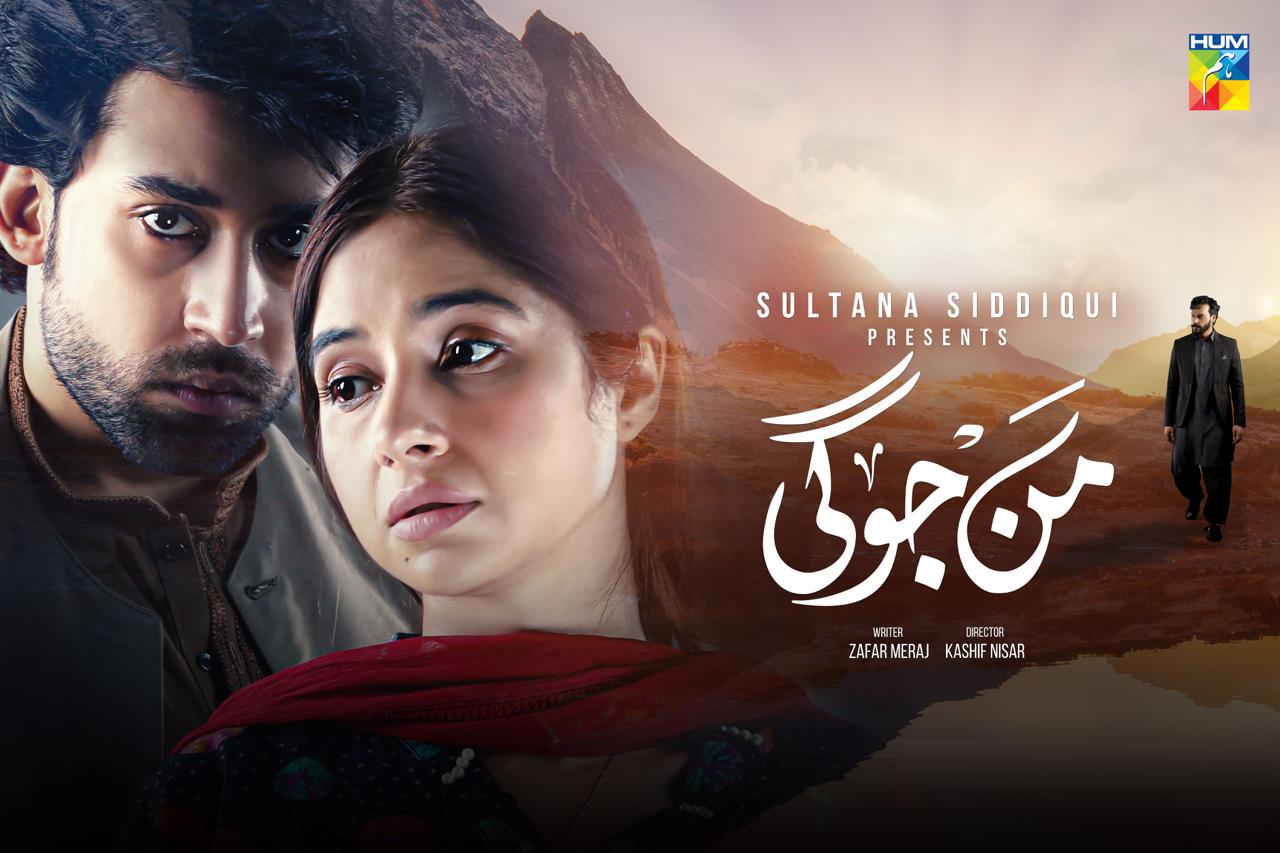Entertainment
Mann Jogi’s Premiere Episode Stuns Fans with Powerful Storytelling

The latest offering from HUM TV titled ‘Mann Jogi’ made a remarkable debut Saturday night, leaving a lasting impression. Its poignant storyline, combined with stellar performances and high production quality, has drawn in audiences and sparked widespread enthusiasm and fans eagerly anticipate the next episode, eager to see how the story unfolds and to continue their emotional journey with the characters.
‘Mann Jogi’ is the latest project of Ms. Sultana Siddiqui, President, HUM Network Limited, whose reputation for excellence preceded the drama. With Ms. Siddiqui at the helm, viewers were confident that the show would not only be engaging but also thought-provoking and impactful, shedding light on important social issues. The drama’s first episode has lived up to the audience expectation, and anticipation that surrounded its release.
Renowned playwright Zafar Meraj has crafted the masterpiece, and director Kashif Nisar has brought it to life with his expertise. The talented cast, featuring Bilal Abbas Khan, Sabina Farooq, Mirza Gohar Rasheed, Ismail Abbas, and Tipu Sharif, have come together to create a compelling drama. The on-screen pairing of Bilal Abbas and Sabina Farooq, who won over audiences with their outstanding performances in ‘Ishq Murshid’, marks their first collaboration in a drama serial – warmly received by the audience.
In the drama, Gohar Rasheed shines as Sabina Farooq’s husband, delivering a convincing performance. According to fans who watched the first episode and grasped the story’s essence, this drama is a must-watch for the family. It offers valuable lessons on social attitudes and encourages viewers to reflect on their own behaviours. Overall, the drama is a thought-provoking and engaging experience that explores important themes and relationships.
It’s worth noting that HUM TV already has a reputation for tackling sensitive topics in the past, such as ‘Udari’, ‘Dar Si Jaati Hai’, ‘Sila’, ‘Kitni Girhain Baki Hain’ have inspired audiences to think critically. With its latest drama, ‘Zarad Pathon Ke Bunn’, HUM TV is once again fulfilling its role as a public educator, and playing a vital role in changing societal mind-sets. The channel’s unique strength lies in its ability to seamlessly blend entertainment with social awareness, making its dramas not only popular at home but abroad as well. Hence ‘Mann Jogi’, featuring a talented cast including Bilal Abbas Khan, Sabina Farooq, Mirza Gohar Rasheed, Ismail Abbas, and Tipu Sharif, is expected to be no exception.
This gripping drama explores a society where toxic masculinity is perpetuated, and patriarchal norms are used to justify unacceptable behaviour. The story centres around a man who believes his aggression and mistreatment of others are acceptable, and is unwilling to confront the consequences of his actions. For the woman in his life, every day is a living nightmare as she walks on eggshells, never knowing when her husband’s anger will erupt and bring chaos into her world.
As the drama unfolds, it also highlights the ways in which people manipulate religion to justify their own biases and selfish desires. But amidst the darkness, there are those who have the courage to stand up against injustice and demand accountability. This powerful story is a call to action, urging us to confront our own complicity in perpetuating systems of oppression and to work towards creating a more just and equitable society.
Through ‘Man Jogi’ Ms. Siddiqui, has shed light on the significance of a skilled woman in society. The play showcases women as more courageous and sensitive than men in a positive and empowering manner. It shows that when a woman is entrusted with a responsibility, she rises to the challenge and fulfils it with excellence, dedication, and passion. Each episode will provoke a new thought in them. Moreover, each episode of the drama is designed to prompt thought and reflection, leaving viewers with a deeper understanding of the plot and its gradual development.


